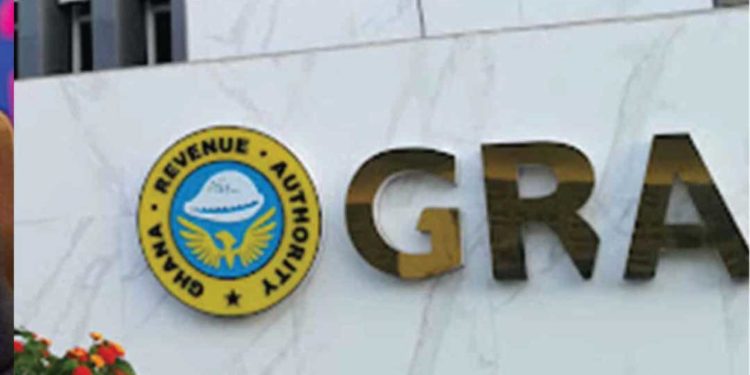GRA Directs Charging Entities to Cease E-Levy Deductions Following Presidential Assent
In a statement issued on Thursday, April 2, the GRA confirmed that the Electronic Transfer Levy Act, 2022 (Act 1075) and the Electronic Transfer Levy (Amendment) Act, 2022 (Act 1089) had been repealed, effectively ending the 1% charge on electronic transactions.
- Advertisement -
The Ghana Revenue Authority (GRA) has directed all financial institutions and electronic money issuers to immediately reconfigure their systems following the official abolition of the Electronic Transfer Levy (E-Levy).
The move comes after President John Dramani Mahama on April 2, 2025, gave assent to new legislation scrapping the E-Levy, Betting Tax, Emissions Tax, and other fiscal measures, marking a significant shift in the country’s tax policy.
- Advertisement -
In a statement issued on Thursday, April 2, the GRA confirmed that the Electronic Transfer Levy Act, 2022 (Act 1075) and the Electronic Transfer Levy (Amendment) Act, 2022 (Act 1089) had been repealed, effectively ending the 1% charge on electronic transactions.
- Advertisement -
Regulatory Directives for Charging Entities
- Advertisement -
The tax authority has set out a series of mandatory steps for payment service providers and financial institutions to ensure compliance:
- ELMAS System Update: The Electronic Transfer Levy Management and Assurance System (ELMAS) will automatically return a “no charge” status for all transactions from midnight, April 2, 2025.
- Immediate Cessation of Charges: Entities must stop applying the levy on all electronic transactions across their platforms.
- Refund Obligations: Firms must refund any E-Levy deductions made after April 2, with an expedited process to ensure prompt reimbursement. Comprehensive records must be maintained, with refund reports submitted to the GRA.
- Outstanding E-Levy Payments: Institutions are required to remit any outstanding levy collected prior to April 2.
- Continued Transaction Reporting: For reconciliation purposes, entities must continue posting electronic transfer transactions to ELMAS until further notice.
- Record-Keeping Requirements: Institutions must retain electronic transfer records for at least six years, as stipulated under Section 27(3) of the Revenue Administration Act, 2016 (Act 915).
The GRA has warned that failure to comply with these directives will constitute an offence subject to legal sanctions. Compliance inspections will be conducted regularly to ensure full adherence.
Source: elvisanokyenews.net
- Advertisement -


